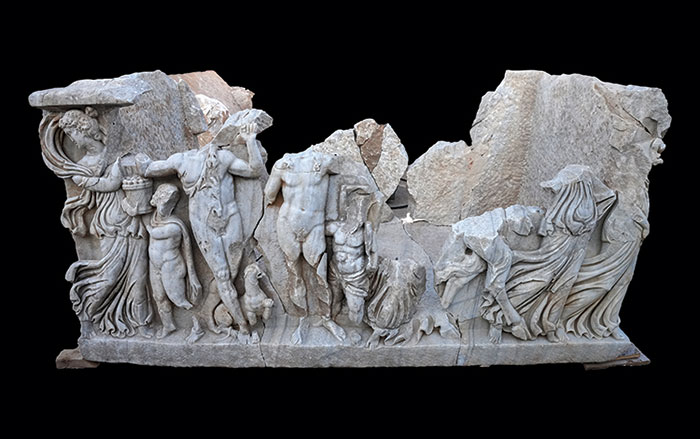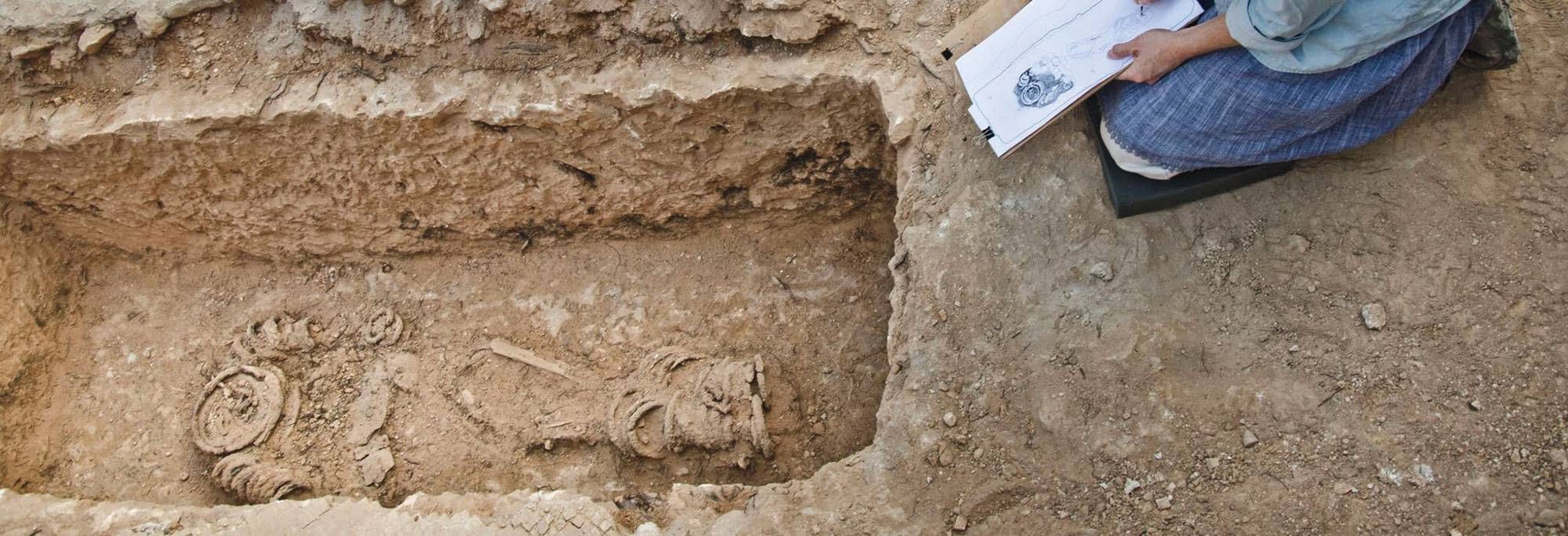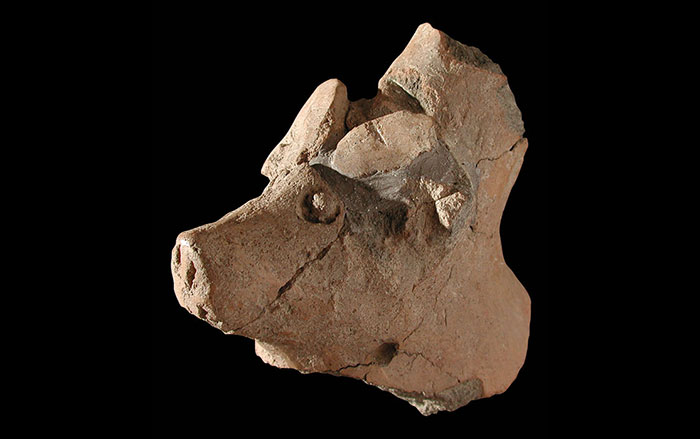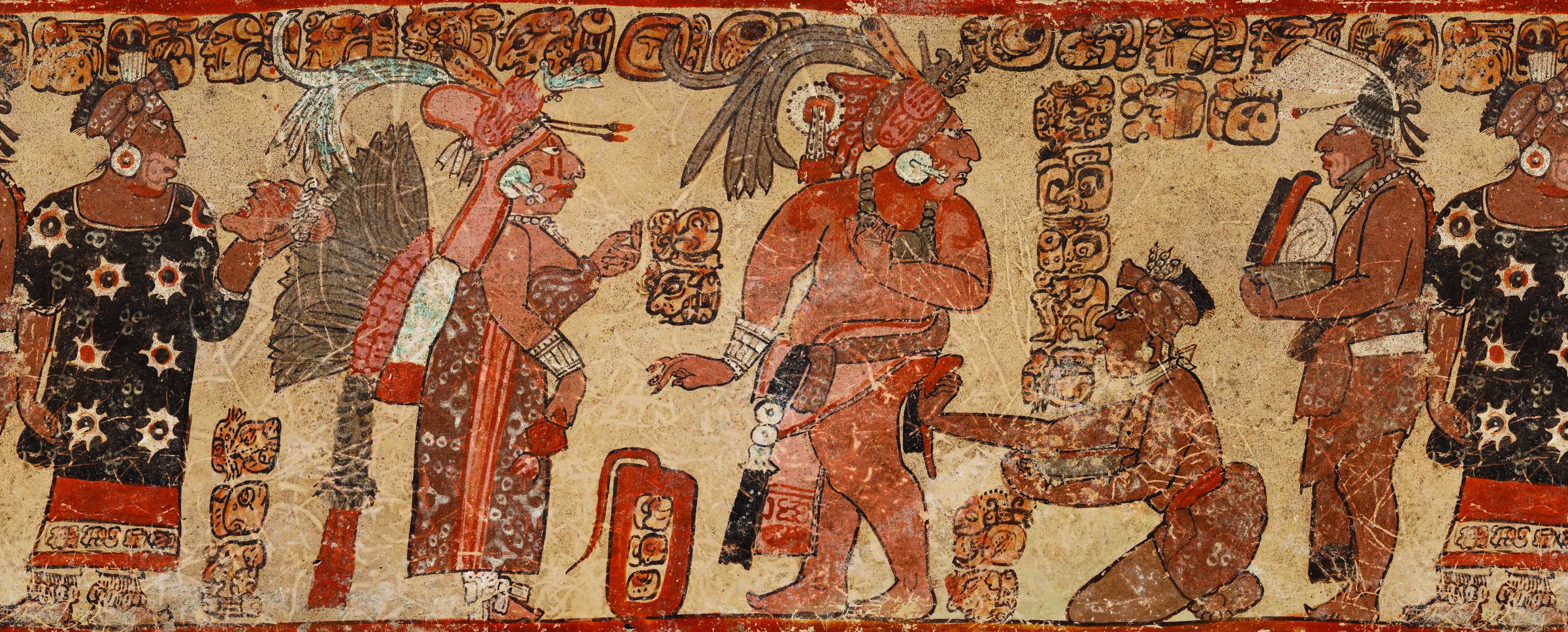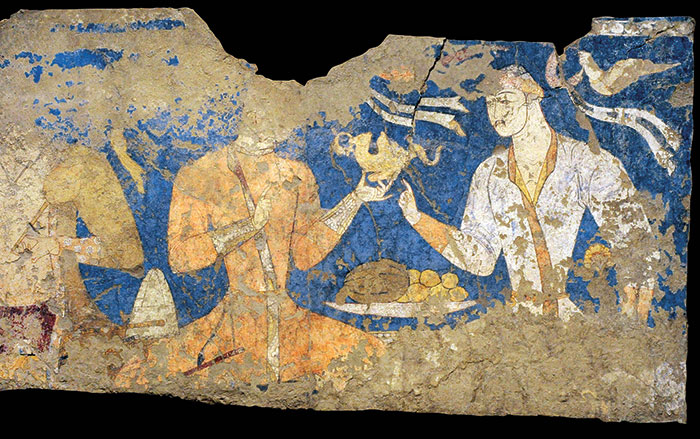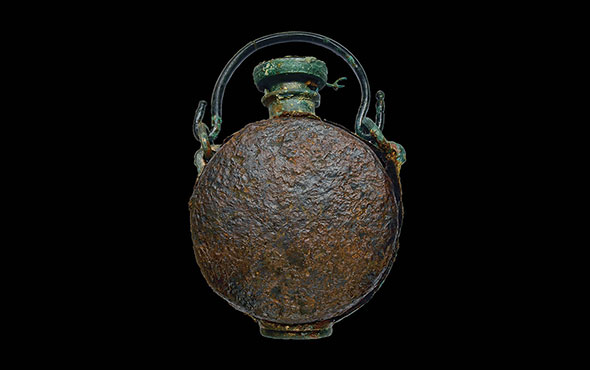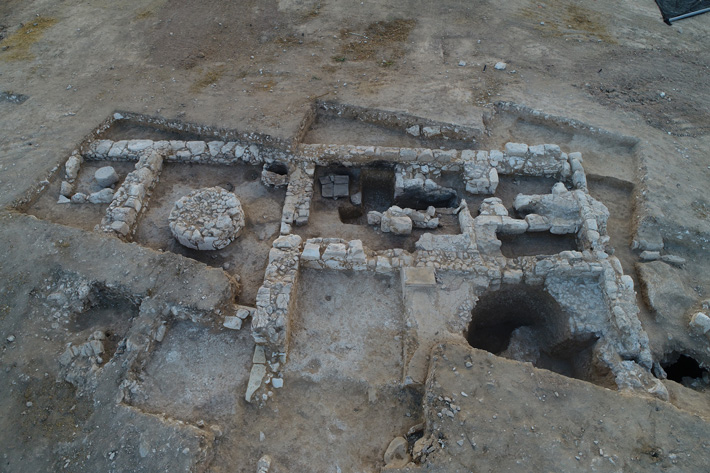
RAHAT, ISRAEL—The Times of Israel reports that a 1,200-year-old soap factory has been unearthed in the Negev Desert by a team of Israel Antiquities Authority researchers, with the assistance of local high school students. Archaeologist Elena Kogen-Zehavi said the large, pillared structure where the olive oil–based soap was made dates to the Islamic Abbasid period, after the Arab conquest of the region. Turning olive oil and the ashes of the saltwort plant into hard cakes of soap was a complicated process, she explained. First, the liquid mixture was cooked for about seven days, and was then transferred to a shallow pool, where the soap hardened for another ten days, until it could be cut into bars, which dried for another two months. So much soap could have been produced at the site, Kogen-Zehavi added, that it was probably exported to Egypt and other parts of the Arab world. To read about how the ancient village of Ein Gedi endured from the seventh century B.C. to the Byzantine period, go to "Letter from the Dead Sea: Life in a Busy Oasis."


